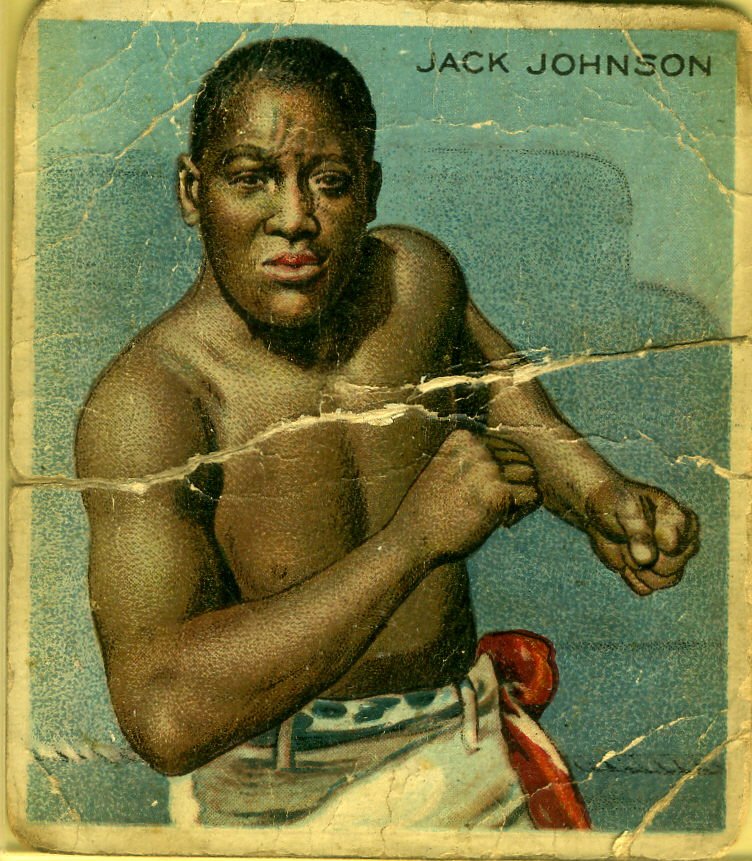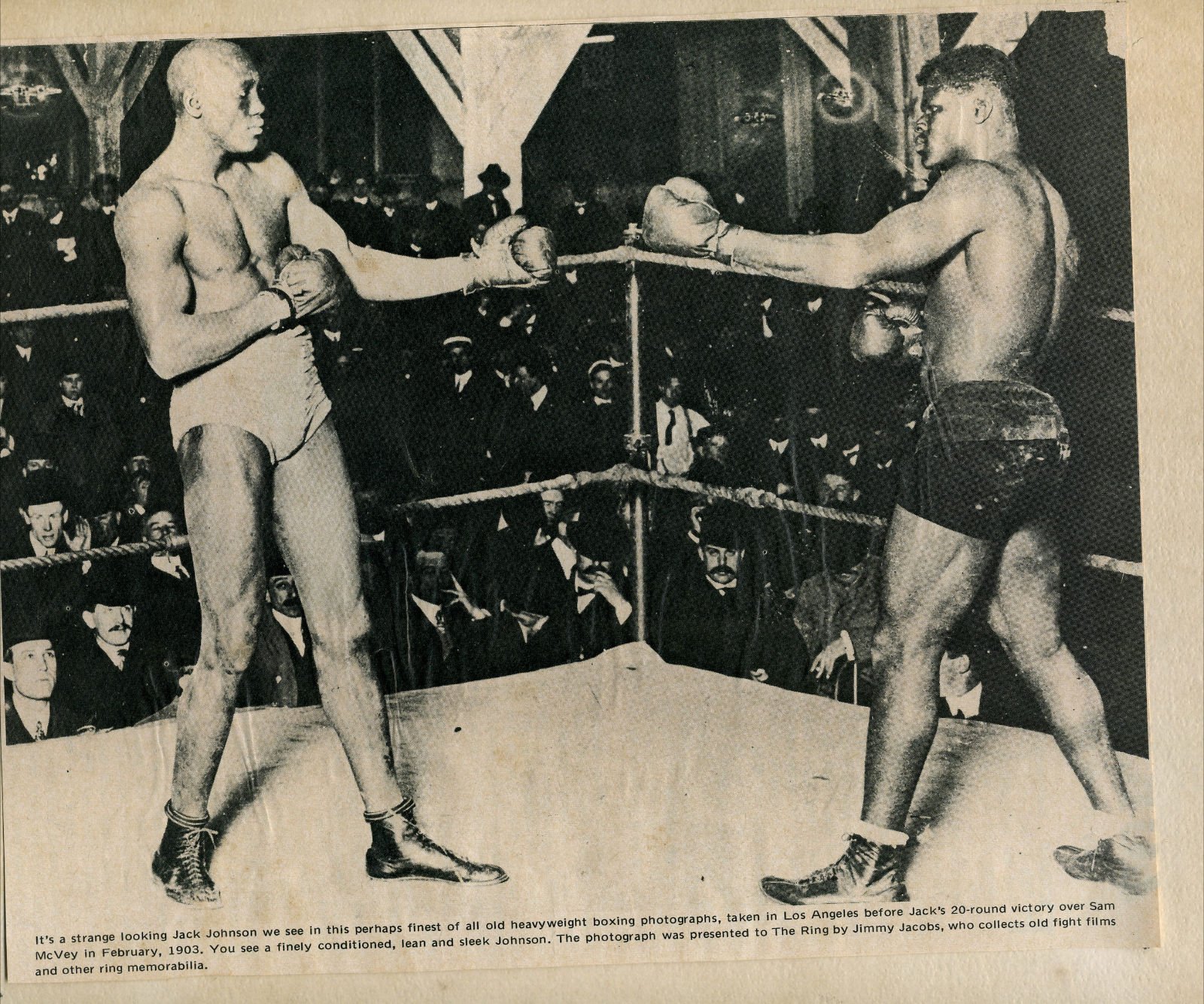 By Amanda Duganier
By Amanda Duganier
Jack Johnson is a symbolic figure not only in the boxing world, but in life. He became the world’s first black heavyweight champion on December 26, 1908, during a time when racial bigotry was at its peak. The effects of segregation were seen everywhere, from athletics to simply walking on the wrong side of the street. Johnson was shunned as a black boxer, to say the least.
When he won the world heavyweight title, the search began for what was called a “Great White Hope,” a white man who could beat Johnson and take his title.
It was two years later when Jim Jeffries, the American world titleholder whom Johnson had always wanted to fight, came out of retirement to face Johnson. He lost the match though, and this “Battle of the Century” resulted in deadly riots. .
Because of his success in the ring and the inability to find someone to beat him, authorities targeted other areas of Johnson’s life in order to shut him down. People did not like his prominence as a boxer.
Johnson had several relationships with white women in his time, which was as unacceptable in the public’s eye as were his accomplishments in the boxing world. He was targeted first because of his relationship with Lucille Cameron who later became his wife, but authorities were unsuccessful in convicting him.
However, it was in 1912 that he was convicted of a Mann Act violation. The Mann Act of 1910 made it illegal to transport women across state lines for immoral purposes. Belle Schreiber, another white woman who was his mistress, testified against him. After he was convicted, Johnson fled the country but returned years later to serve a 10-month jail sentence. He tried to renew his name as a boxer once he was released, but it was to no avail.
Johnson died in a car crash at age 65 in 1946. He may be gone, but the case of his Mann Act violation has resurfaced within the last year or so when John McCain introduced a motion to overturn the conviction. He announced that he would like a presidential pardon for Johnson. Along with McCain, Rep. Peter King, filmmaker Ken Burns who made a documentary about Johnson’s rise and fall, and Johnson’s grand-niece are advocating the pardon.
They have been met with opposition though. In December of 2009, the U.S. Justice Department advised against the pardon, a shocker to McCain and advocates.
President Obama has the power to undo the conviction, which McCain has called an injustice, but it has not happened yet. According to press reports, McCain said, “We need to erase this act of racism, which sent an American citizen to prison on a trumped-up charge.”
